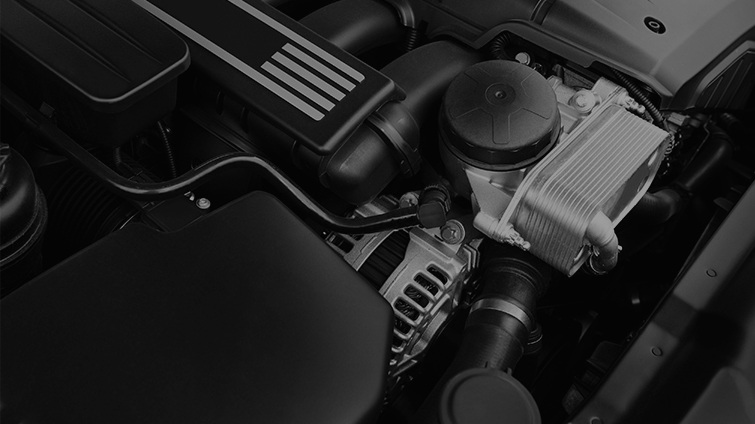Auto industry faces economic and regulatory shifts

United States raises tariffs on imported steel and aluminium
Automotive supply chains will be affected by higher U.S. tariffs that went into effect 4 June. The 25% tariff on imported steel, aluminium and goods made with those materials has now been raised to 50%. This change applies to goods from all countries except the UK, which will continue to be subject to 25% steel and aluminium tariffs until 9 July, when the rate will either increase to 50% or quotas may be imposed.
Here's how the changes specifically affect auto parts:
Imported from Mexico and Canada
Compliance with the U.S.-Mexico-Canada Free Trade Agreement still exempts auto parts from the 25% auto parts tariff imposed 3 May and the 25% drug-related tariff imposed earlier in the year, but applicable steel and aluminium tariffs are now 50%.
Imported from European countries other than the UK
When the new 25% auto parts tariff was imposed in May, any applicable steel or aluminium tariffs were no longer “stacked” on top. This did not change as of 4 June.
Imported from China
After 3 May, steel and aluminium tariffs were no longer stacked on other tariffs that apply to Chinese-made auto parts and that continues to be the case.
Importers of other goods also face changes to how they use Foreign Trade Zones. But for auto parts, entering imports into a Foreign Trade Zone before, on or after 4 June does not affect how the steel and aluminium tariffs apply.
Mixed outlook for auto sales
In the second annual American Perspectives survey released by tax and audit firm KPMG in mid-May, a change in consumer spending intent was attributed to the lack of clarity surrounding tariffs on U.S. imports. The survey seeks to understand how consumers adapt to changing economic forces. It showed 68% of respondents did not want to take on more credit, with 43% stating they will delay buying a car because of tariffs.
Meanwhile, the Federal Reserve reported that April “saw moderate to robust sales of vehicles and of some nondurables, generally attributed to a rush to purchase ahead of tariff-related price increases.”
Mexico auto exports down
In April, Mexico's automotive-sector exports were down 7.1% year over year (y/y). The decline in exported vehicles and parts is attributed to excess inventory from deliveries front-loaded in the first quarter of 2025, ahead of anticipated U.S. tariffs. Approximately 80% of automotive exports from Mexico are destined for the United States.
Shifting emissions standards
Congress has moved to cancel the California emission standards that would have hastened a transition to electric vehicles for much of the country over the next decade. The joint resolution awaits the president’s signature and California has announced its intent to sue, so the matter isn’t settled yet.
If California’s emission standards are revoked, it would prevent other states from adopting them. The move also appears to eliminate the Environmental Protection Agency’s and the National Highway Traffic Safety Administration’s ability to enforce emissions laws. These factors lead to uncertainty for both auto makers and trucking companies as they look to align with the latest government initiatives.
Meanwhile, the federal budget bill making its way through Congress could take away tax credits for electric vehicles (EVs) in the current draught.